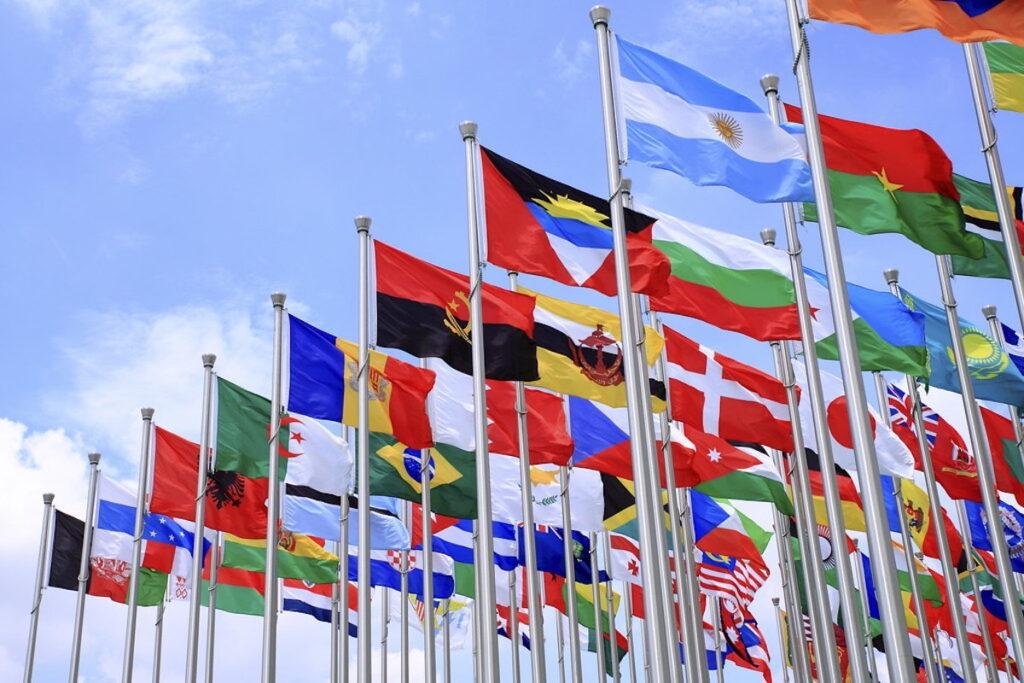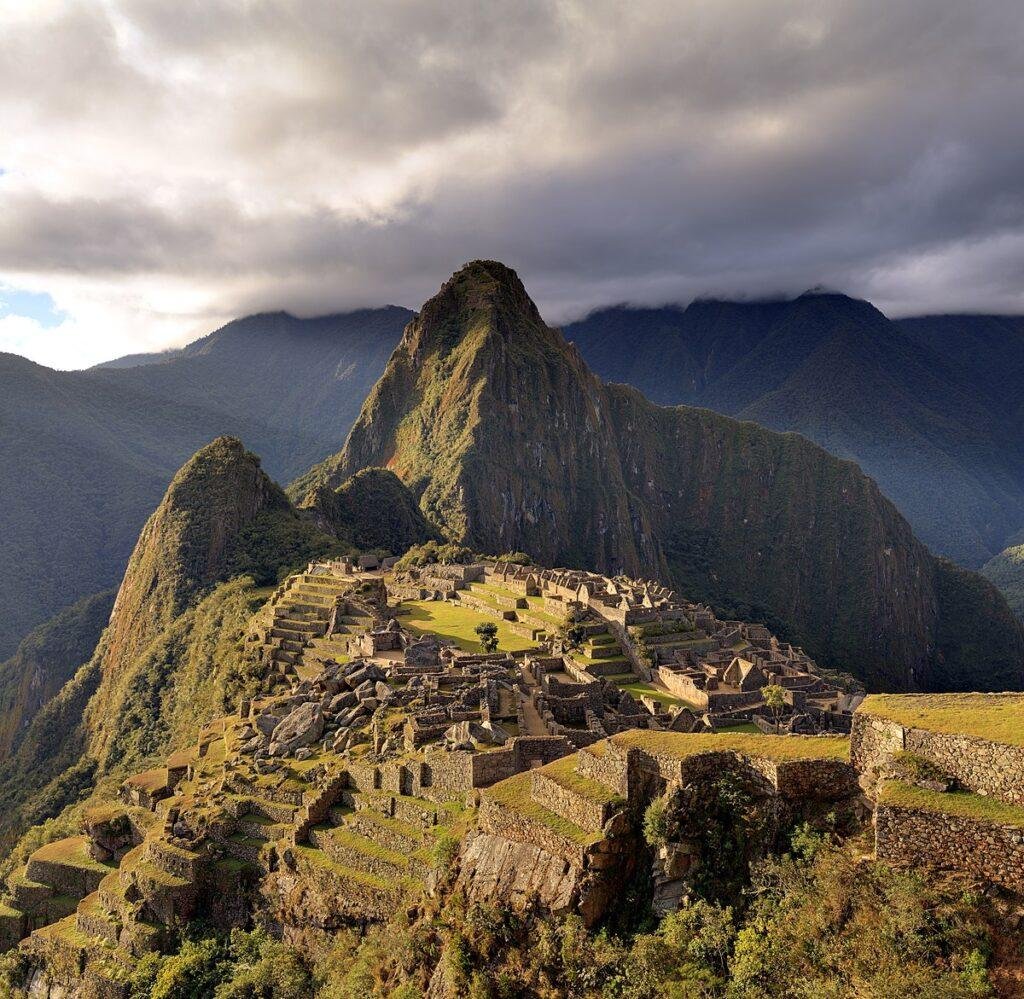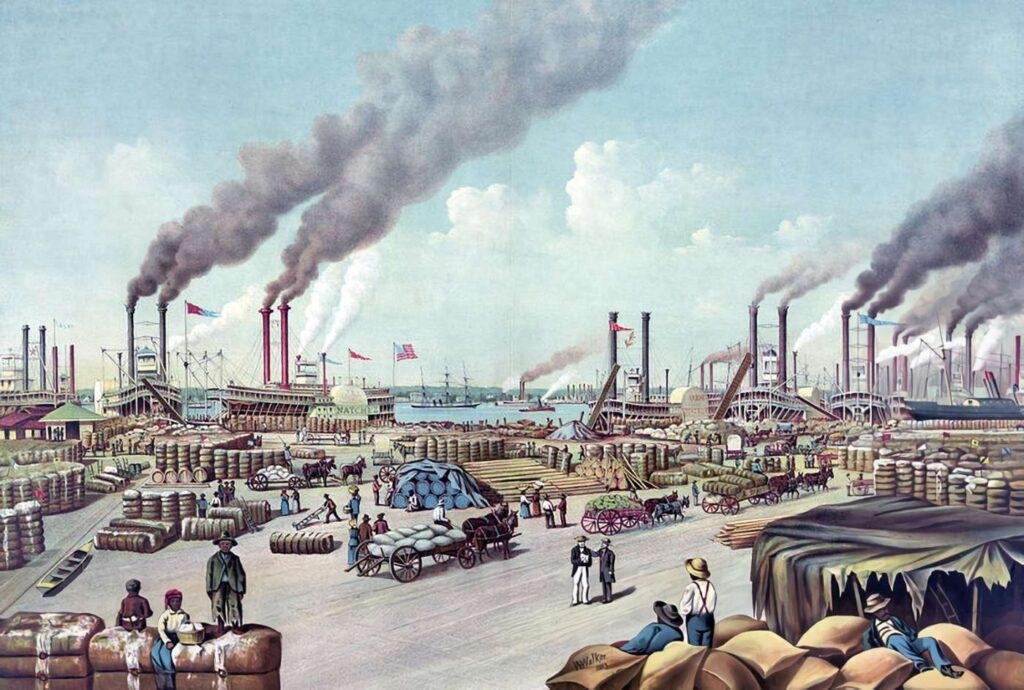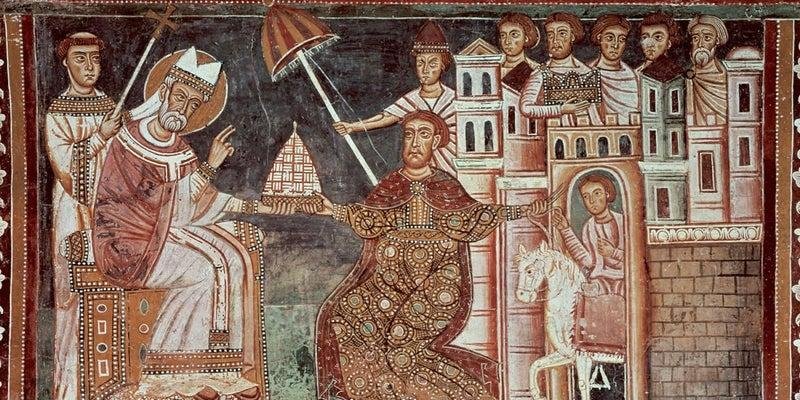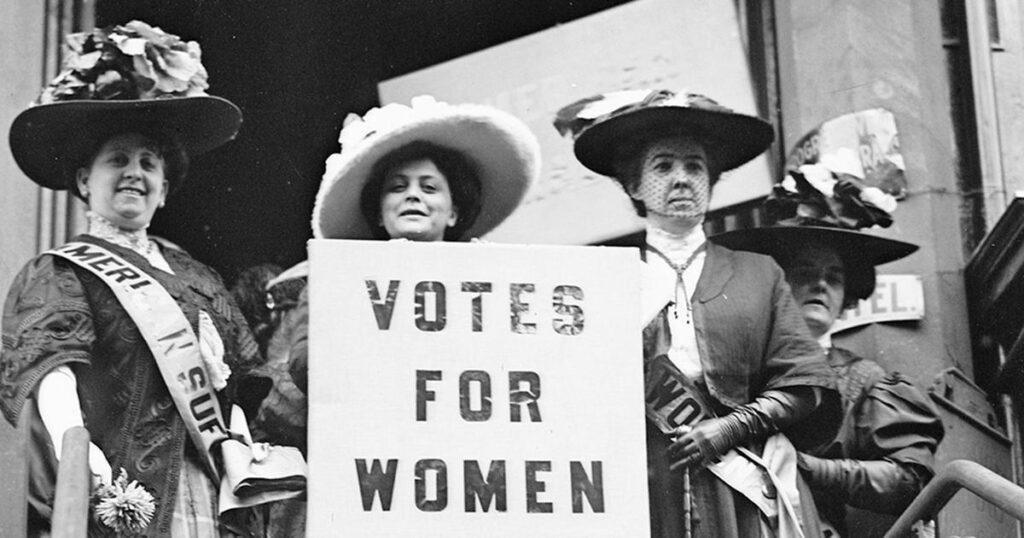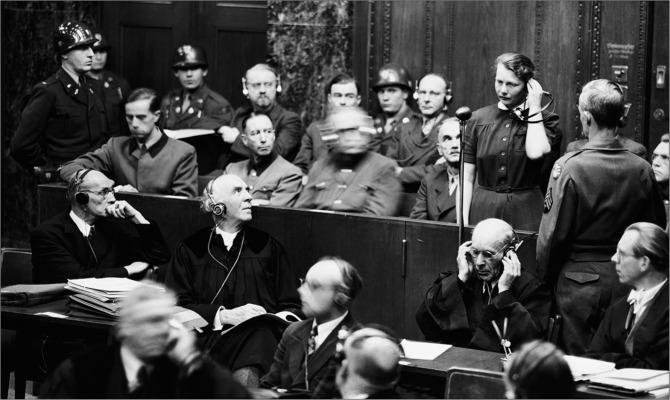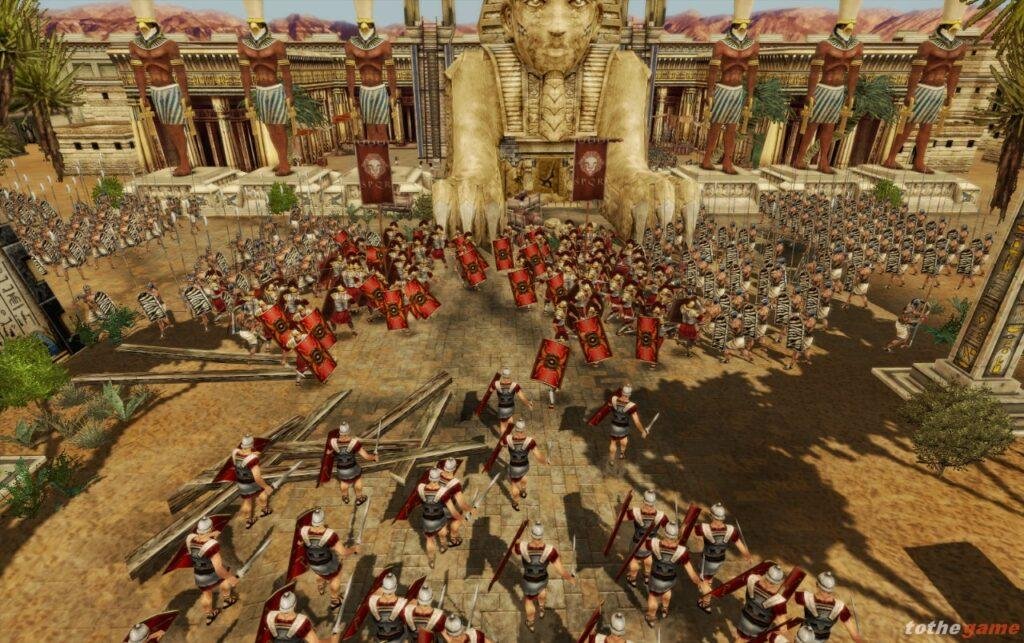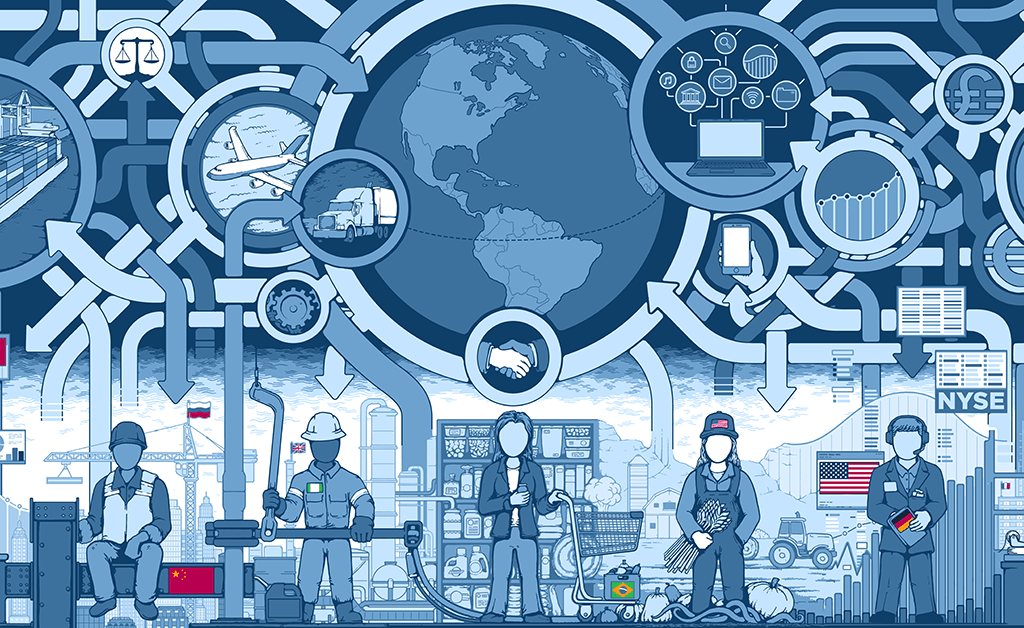Revolutions: The History and Impact
The History and Impact of Revolutions on political systems
Revolutions have played a significant role in shaping the political systems of nations worldwide.
They have been responsible for overthrowing monarchies, colonial powers, and oppressive regimes, and replacing them with new systems of government. This essay will explore the history of revolutions and their impact on political systems.

A revolution is a fundamental change in power or organizational structures that takes place over a relatively short time. Revolutions can take many forms, ranging from peaceful protests to violent uprisings.
They often result from long-standing grievances against existing political systems, such as economic inequality, social injustice, or political oppression.
One of the most significant revolutions in history was the French Revolution, which took place from 1789 to 1799. The French Revolution was sparked by the economic and social grievances of the French people, who were suffering under the oppressive rule of King Louis XVI.
The revolution led to the overthrow of the monarchy and the establishment of the First French Republic.
The French Revolution had a profound impact on the political systems of Europe. It led to the spread of revolutionary ideas, such as democracy and individual rights, which challenged the traditional political structures of European monarchies.
The revolution also inspired other revolutions, such as the Haitian Revolution, which led to the abolition of slavery in Haiti.
Another significant revolution was the Russian Revolution of 1917. The revolution was led by the Bolsheviks, a group of socialist revolutionaries who overthrew the Tsarist regime and established the Soviet Union.
The Russian Revolution was influenced by Marxist theory, which called for the overthrow of capitalist systems and the establishment of a socialist society.
The Russian Revolution had a significant impact on global politics. It inspired other socialist and communist movements around the world, particularly in developing countries that were struggling with poverty and inequality.
The Soviet Union became a global superpower and played a major role in shaping international politics during the Cold War.
The Chinese Revolution of 1949 was another significant revolution that had a profound impact on the political systems of Asia. The revolution was led by the Communist Party of China, which overthrew the Nationalist government and established the People’s Republic of China.
The Chinese Revolution was inspired by Marxist theory also called for the establishment of a socialist society.
China became a major global power and significantly shaped global politics during the Cold War and beyond.
The Chinese Revolution had a significant impact on the political systems of Asia. It inspired other socialist and communist movements in countries such as Vietnam and North Korea.
The impact of revolutions on political systems has not always been positive. Some revolutions have led to the establishment of authoritarian regimes that have been responsible for human rights abuses and political oppression.
The 1979 Iranian Revolution established an Islamic Republic accused of suppressing dissent also violating the rights of women and minorities.
The 1959 Cuban Revolution established a socialist regime accused of human rights abuses also political oppression. The Cuban Revolution had a significant impact on Latin American politics, inspiring other socialist and communist movements in the region.
Conclusion
Revolutions have had a significant impact on the political systems of nations around the world. They’ve overthrown monarchies, colonial powers, and oppressive regimes, leading to the establishment of new government systems.
Revolutions inspire movements challenging traditional political structures and promoting the spread of democracy and individual rights.
Not all revolutions yield positive outcomes; some result in authoritarian regimes responsible for human rights abuses and political oppression. 온라인카지노사이트

